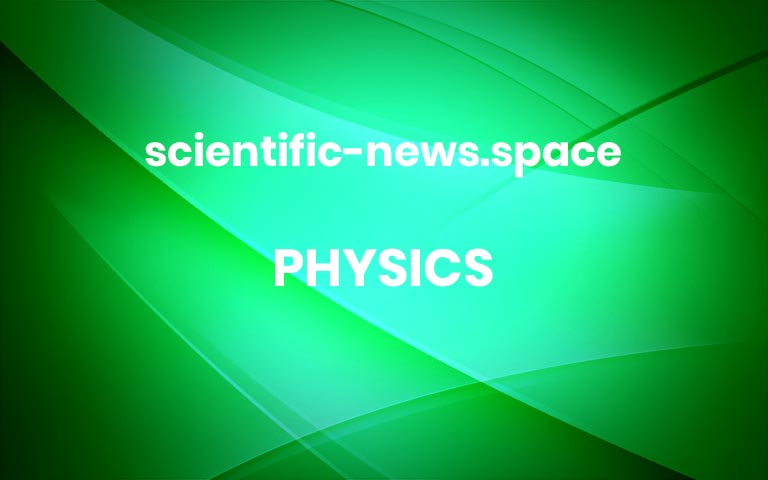50 years ago, protests and promises launched the Trans-Alaska Pipeline
Getting set for a black gold rush, Science News, February 14, 1970 — Nobody has ever done what the engineers designing the Trans-Alaska Pipeline are faced with: the need to carry hot oil through the Arctic. The Trans-Alaska Pipeline, expected to be completed in 1972, will carry 600,000 barrels of oil a day across Alaska. […] More



